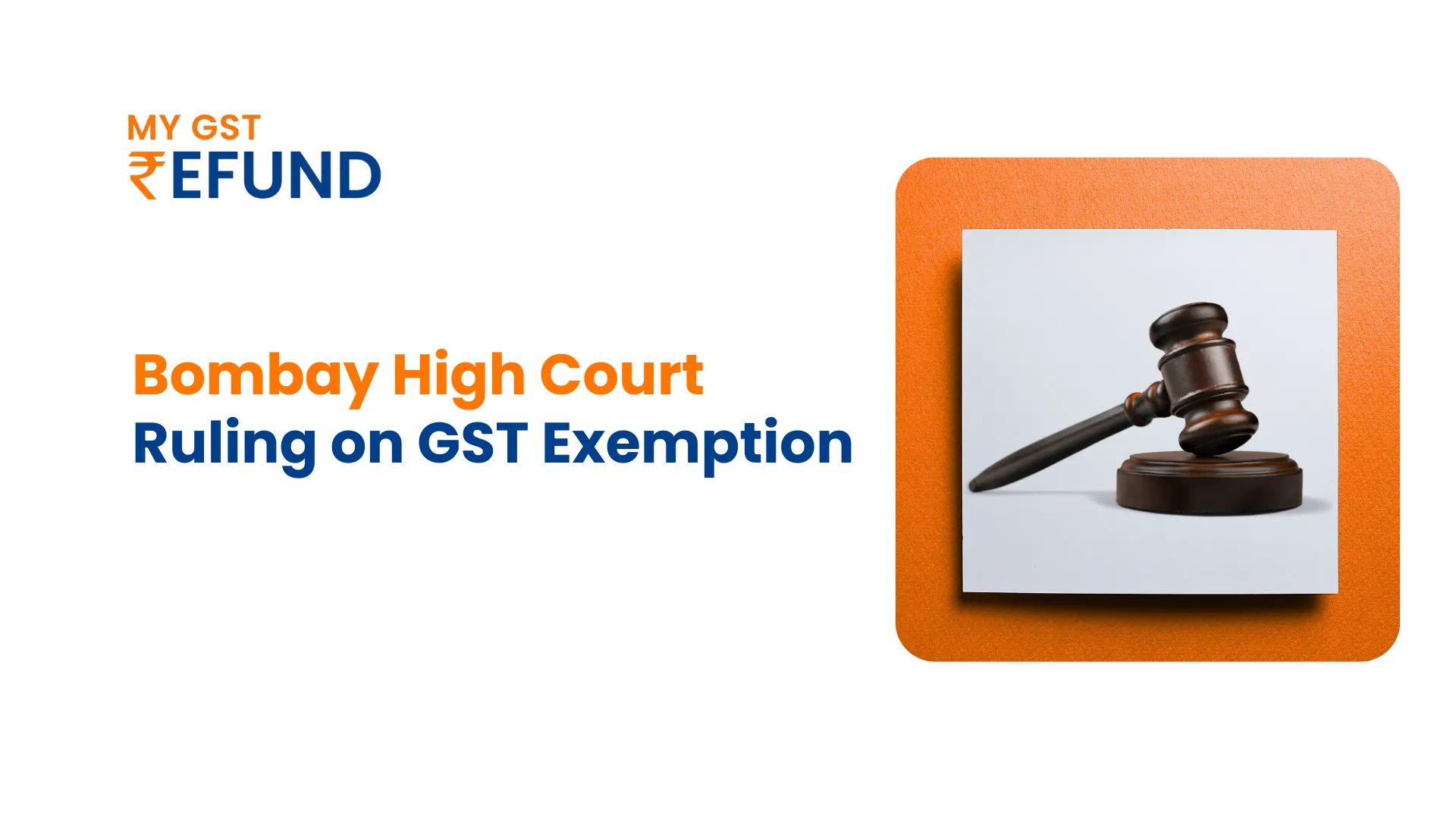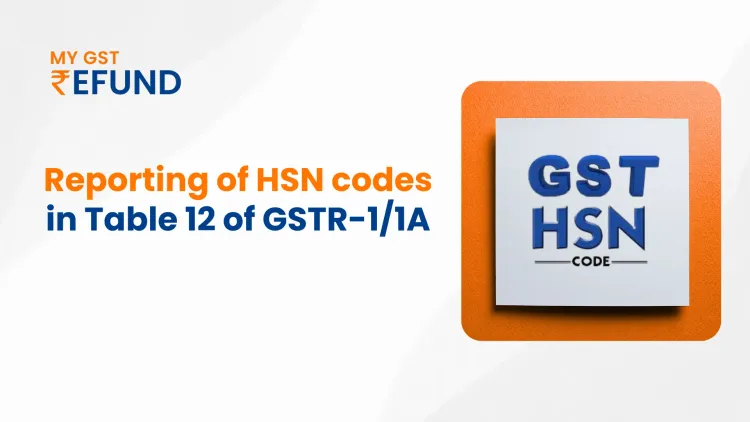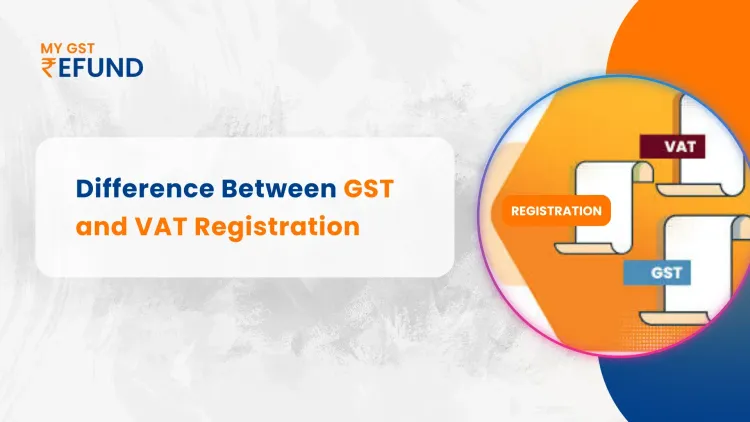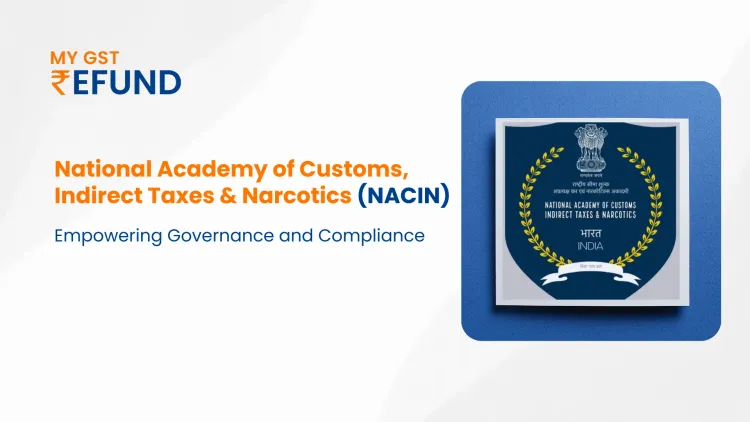Bombay HC Ruling on GST Exemption in JDAs
Published on: Thu Apr 17 2025
Bombay High Court Ruling on GST Exemption
The Nagpur bench of the Bombay High Court recently ruled that Goods and Services Tax (GST) would not apply to the transfer of development rights (TDR) or Floor Space Index (FSI) under a development agreement. The court, in the case of Shrinivasa Realcon Private Ltd. vs. Union of India , held that the rights of a developer under a development agreement are separate from the transfer of TDR/ FSI, and therefore, such transactions are not subject to GST.
Development Agreements and Transfer of Rights
The petitioner questioned a GST department notice in light of a 2017 notification (Clause 5-B), where GST on services covering the transfer of TDR or FSI for development projects by a promoter was introduced. The court explained that development agreements, especially where no direct transfer of TDR/FSI is made, do not fall within this taxable bracket.
Distinction Between TDR/FSI and Development Rights
This decision takes into account recent X posts bringing to light Bombay High Court's stay on GST notices for development rights in revenue-sharing agreements and reiterating that such dealings might not fall under the ambit of "supply" under the GST law.
Challenge to Notice of GST Department
The judgment brings clarity to the distinction made by the court between the rights under a development agreement and tax-leviable TDR/FSI transfers and relief to the developers who take part in comparable agreements.
Dissimilarity with Telangana High Court's Decision
But this ruling is in contrast to the Telangana High Court's 2024 decision in Prahitha Constructions Private Limited vs. Union of India, which held that the transfer of development rights pursuant to a Joint Development Agreement (JDA) is a supply of service under GST, as it is not the sale of land (exempt under Schedule III of the CGST Act). The Telangana judgment, pending appeal in the Supreme Court without a stay, is an indication of continued judicial variation on this point.
Implications for Developers and JDAs
The Bombay High Court judgment brings relief to developers, especially in instances of development agreements with no express TDR/FSI transfers. Yet, the differing interpretations among high courts indicate that taxability tends to depend on the particularities of each JDA.
MyGST Refund's View :
The latest Bombay High Court decision brings much-needed relief to developers in JDAs where there is no express transfer of TDR/FSI. But with conflicting judgments by other high courts, GST applicability remains an area of doubt. We at MyGST Refund recommend developers and landowners take case-specific GST analysis prior to entering or signing JDAs. Until the Supreme Court resolves the issue, a prudent and well-documented strategy is the best protection against future controversy or tax claims.
Also Read : AP High Court: SCN Timeline Under Section 73(2) Is Mandatory
Related Posts





